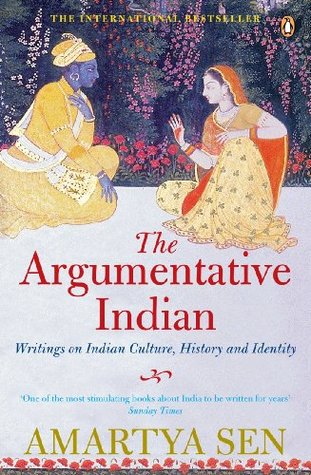For example, in early seventh-century Japan, the influential Buddhist Prince Shotoku, who was regent to his mother, Empress Suiko, introduced a relatively liberal constitution or kempo (known as ‘the constitution of seventeen articles’) in 604 CE, which included the insistence (in the spirit of the Magna Carta to be signed six centuries later, in 1215): ‘Decisions on important matters should not be made by one person alone. They should be discussed with many.’ Shotoku also argued: ‘Nor let us be resentful when others differ from us. For all men have hearts, and each heart has its own leanings.
...more
Welcome back. Just a moment while we sign you in to your Goodreads account.


